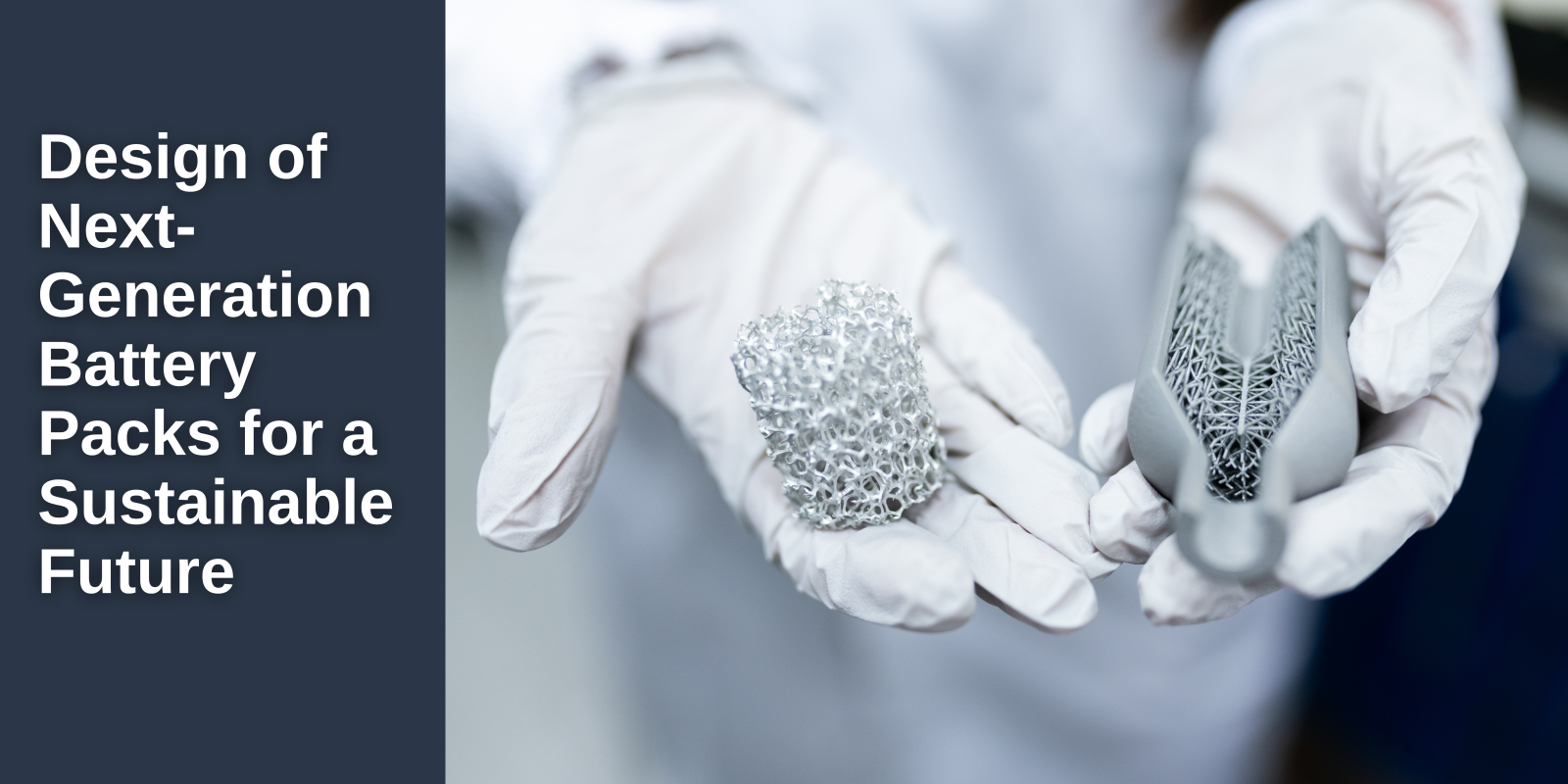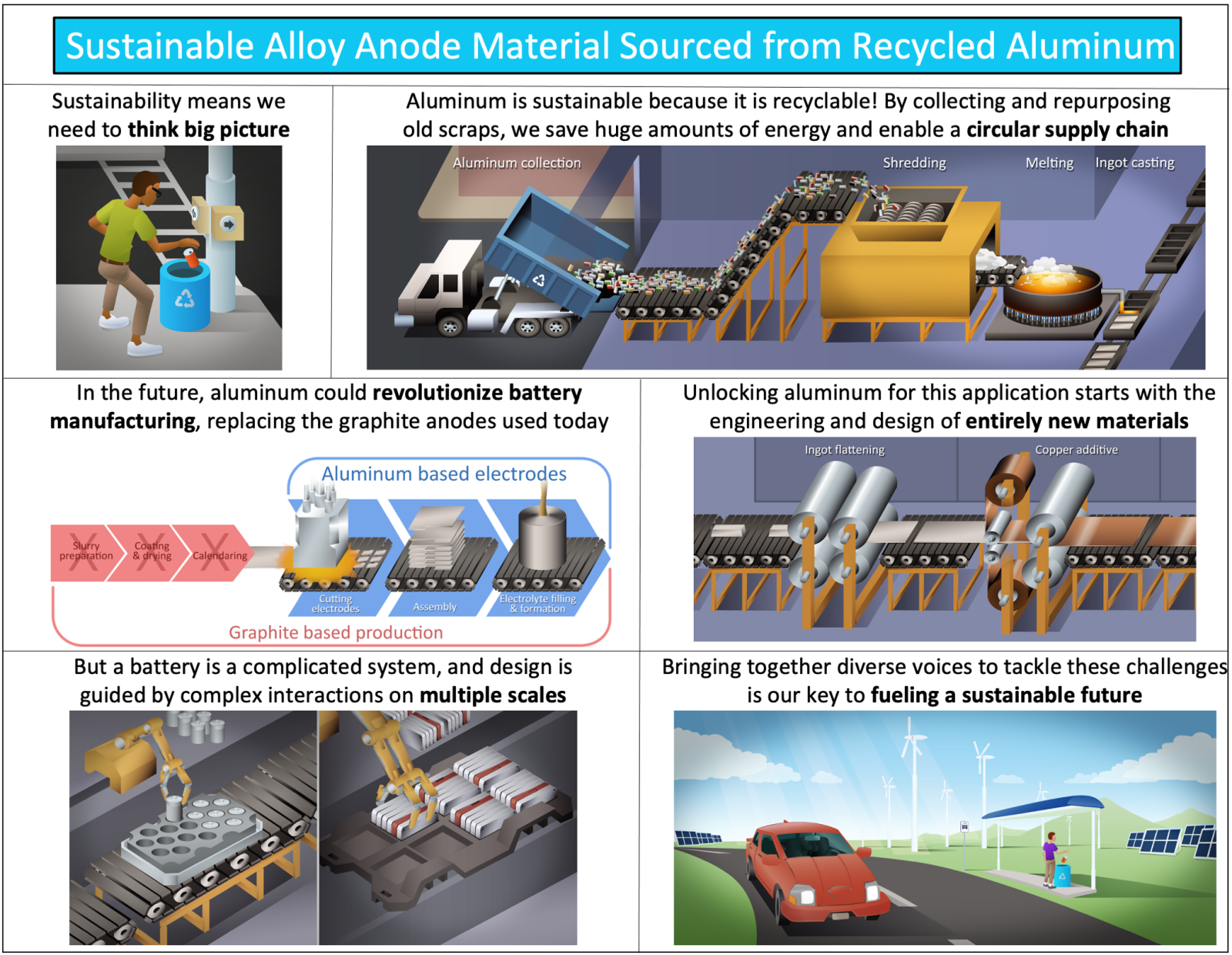
The lithium-ion battery is one of the most centrally important technologies of the 21st century. This project team is developing a radically new approach to high-energy lithium-ion batteries with a new class of electrode materials, i.e., nanocomposite foil (NCF) anodes. Currently, all commercial lithium-ion batteries are made with graphite anodes. The scalable NCF technology would entirely replace graphite, enabling cheaper, safer, and higher energy batteries. Successfully translating this novel material into a commercially viable system will require diverse viewpoints. This project deliberately composed a multi-disciplinary team with expertise spanning from atomistic to industrial scale, aspiring to design new and advanced materials, developing more accurate theoretical models of battery performance, and holistically assessing the impact of the technology on the life cycle of the battery. All this work will serve to accelerate the translation of NCF anodes into a useful and socially responsible technology.

Principle Investigators
Team Members
Project Publications
Towards More Environmentally and Socially Responsible Batteries
Energy & Environmental Science
Challenges in Moving to Multiscale Battery Models-Where Electrochemistry Meets and Demands More From Math
Journal of the Electrochemical Society
Elemental Foil Anodes for Lithium-Ion Batteries
ACS Energy Letters
An In-Depth Analysis of the Transformation of Tin Foil Anodes during Electrochemical Cycling in Lithium-Ion Batteries
Journal of The Electrochemical Society
Aluminum–Silicon Alloy Foils as Low-Cost, Environmentally Friendly Anodes for Lithium-Ion Batteries
ACS Sustainable Chemistry & Engineering
Nanostructured Composite Foils Produced via Accumulative Roll Bonding as Lithium Ion Battery Anodes
ACS Applied Materials & Interfaces
First-principles Prediction on Antimony-Doping Effects on the Cyclic Stability of Tin Anodes for Lithium-ion Batteries
Physical Chemistry Chemical Physics

